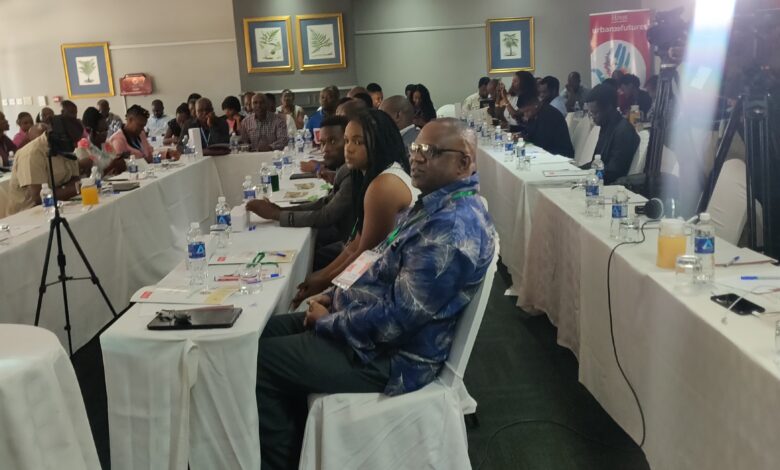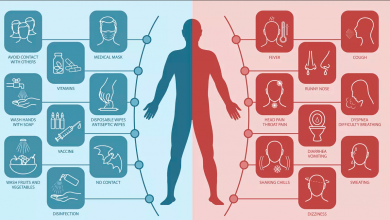Byo embarks on climate-resilient urban future with food systems

Bulawayo Vendors and Traders Association (BVTA) in collaboration with developmental partners Hivos, Botnar Foundation and Green Governance Zimbabwe Trust (GGZT), launched the Urban Futures project an initiative which aims to create a climate-resilient, smart, inclusive, and safe city with sustainable, youth-led indigenous and modern food systems.
The project, spanning 10 cities across three regions, will be executed in Bulawayo and Mutare, with additional benefits extending to neighbouring countries like Zambia.
The programme seeks to enhance both public and private financial support for inclusive, climate-resilient food systems, fostering growth opportunities for young food entrepreneurs and improving green job prospects for youths.
During the launch held in Bulawayo on Wednesday, Ward 26 Councilor Mpumelelo Moyo, representing the deputy Mayor, expressed excitement for the project’s implementation and the significance of partnering with organisations that understood the city’s specific needs.
“We are pleased to have been selected as one of the two cities in Zimbabwe to implement this project. The city of Bulawayo, at its council meeting of the May 3, 2023, acceded to the request to partner with the Hivos for the implementation of a five year project in the city,” Moyo said.
“The urban futures Youth Action for Inclusive climate resilience project. The city thereafter set in motion the implementation for the project through the formation of the interdepartmental committee to coordinate the program activities to ensure the smooth running of the project.”
Councillor Moyo highlighted the council’s dedication to making sure the project was a success, emphasising the city’s pivotal role in fostering resilient food systems.
“This is because cities play a crucial role in fostering a resilient food system. The city, through the agricultural policy and local food industry that is community based, creates jobs and plays an important role in making affordable and culturally appropriate food more accessible throughout the urban landscape,” he said.
The councillor said the project’s focus is on enhancing existing policies to broaden access to nutritious indigenous foods, especially for the youth.
“As we are all aware, the city is facing one of the hardest droughts to date and it is important that in the project and as a city we think of how we can ensure sustainability and resilience towards mitigating climate change. Cities need to think regionally and support production, processing and distribution within and outside the city limit,” Moyo said.
“It is my hope that the project will enhance the existing policy in the city of Bulawayo and provide an opportunity for the youths to play an important role in ensuring access o a wider variety of nutritious indigenous foods.”
Chief Director of the Ministry of Lands, Agriculture, Fisheries, Water and Rural Development Leonard Munamati, commended the project’s alignment with government efforts to promote sustainable urban agriculture.
“As a ministry, we are open to work with the city councils in both Bulawayo and Mutare in ensuring that their city visions for this program come true. The practice of farming systems which are not sustainable have largely been a major contributor to climate change,” he said.
“So we are encouraging conservation agriculture practices that are environmentally friendly . Recently, as a government, we have come up with Intwasa, which is a conservation agriculture practice where the government tries to support farmers, young farmers included in this urban agriculture.”
Munamati stressed the importance of conservation agriculture practices and encouraged youth involvement in innovative farming methods such as hydroponics, aquaculture, and greenhouse farming.
“And this is an opportunity for youth to come up with new innovation in food production, preservation and value addition,” he said.
The Chief Director said the ministry’s support for youth empowerment in value addition and organised marketing systems within the agricultural sector, aiming to create employment opportunities and foster entrepreneurship among young people.
“So the aim is to empower youths in utilising opportunities that are available in the sector, such as animal husbandry, aquaculture. This project will support the creation of jobs along the food value chain, and agriculture gives an opportunity for youths to employ themselves. Youths should be employers themselves when they get to sustainable agriculture activities,” Munamati said.





